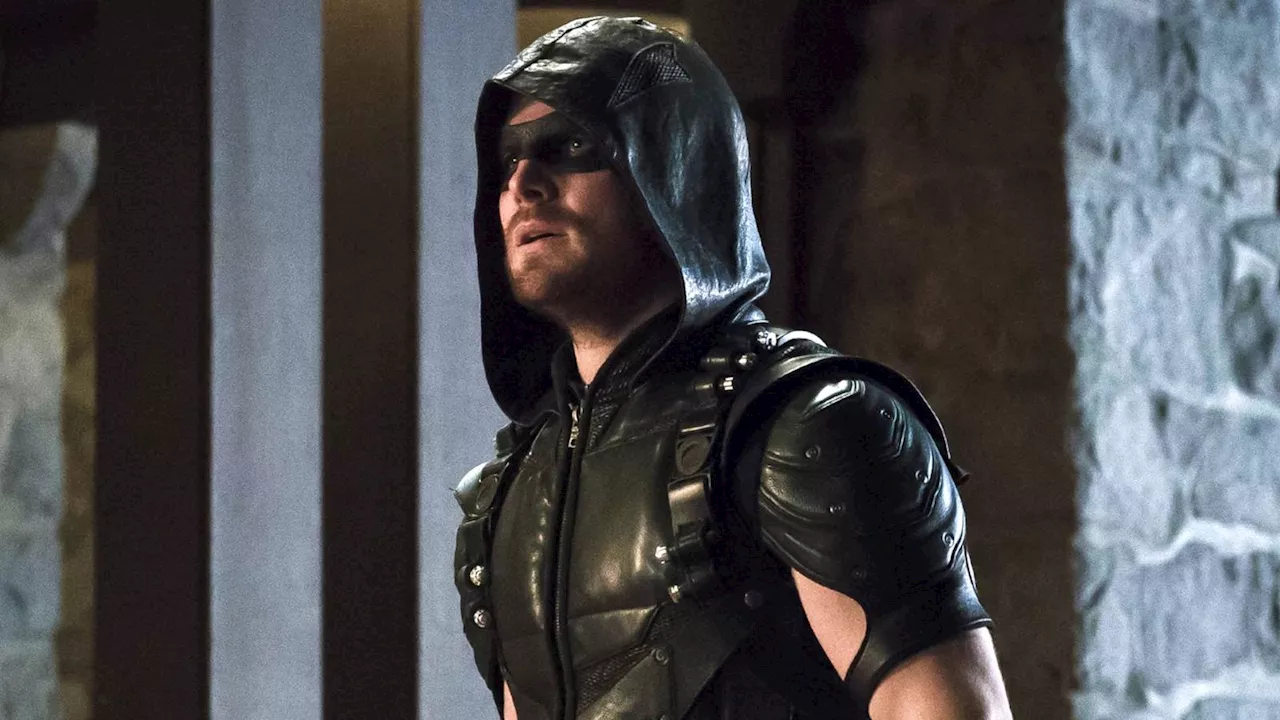UPDATE: Fans of the Arrowverse are re-evaluating their favorite episodes, identifying several that have become increasingly difficult to watch due to outdated themes, cringe-worthy dialogue, and problematic character arcs. As the franchise concluded with the final episode of Superman & Lois in December 2024, viewers are now reflecting on moments that feel tone-deaf in today’s context.
The Arrowverse, which began its run with Arrow in October 2012, has captivated audiences for over a decade. However, as fans revisit the series, several episodes stand out for all the wrong reasons.
Supergirl season 2’s episode titled “Mr. & Mrs. Mxyzptlk” is particularly troubling for its portrayal of toxic masculinity. Viewers now criticize the character Mon-El for displaying controlling behavior, with the episode’s romantic undertones feeling uncomfortable. The character Mr. Mxyzptlk, initially seen as humorous, is now regarded as increasingly creepy, leading many to label the episode as “virtually unwatchable.”
Another episode making the list is The Flash season 1’s “All-Star Team Up,” which has been described as misleading and filled with weak character development. Critics point out that the portrayal of Iris West falls into outdated stereotypes, undermining her usual strong characterization.
Fans are also left disheartened by the final appearance of Leonard Snart in Legends of Tomorrow season 1’s “Destiny.” Although Snart’s character arc is compelling, viewers report that the emotional weight of his departure makes rewatching the episode too painful.
The cringe factor escalates in The Flash season 3’s musical crossover episode “Duet,” where the tonal shift from the serious storylines preceding it feels disjointed. Many fans express disappointment over the lack of character development that leads to relationship reconciliations that seem unearned.
Other episodes, such as Arrow‘s “Taken,” reveal narrative flaws and character inconsistencies that fans can no longer overlook. The show received backlash for its portrayal of disability when Felicity regains her ability to walk under questionable circumstances, raising alarms about ableism in writing.
As viewers dive deeper into the Arrowverse, episodes like “Heart of the Matter: Part Two” and “What Happened To Kate Kane?” also receive criticism for poor CGI and lack of coherence in storytelling.
These revelations indicate a growing awareness among fans about the complexities of representation and storytelling in the Arrowverse. As the series fades into the past, many are left pondering how the show could have evolved to better reflect current social issues.
Next steps: Fans are encouraged to engage in discussions around these episodes, examining how the Arrowverse can learn from its past mistakes. As the community reflects on the franchise, it remains a testament to the evolving standards of television storytelling and representation.
With the Arrowverse’s legacy hanging in the balance, fans will continue to debate the merits of these once-beloved episodes, pushing for a more inclusive future in superhero storytelling.






